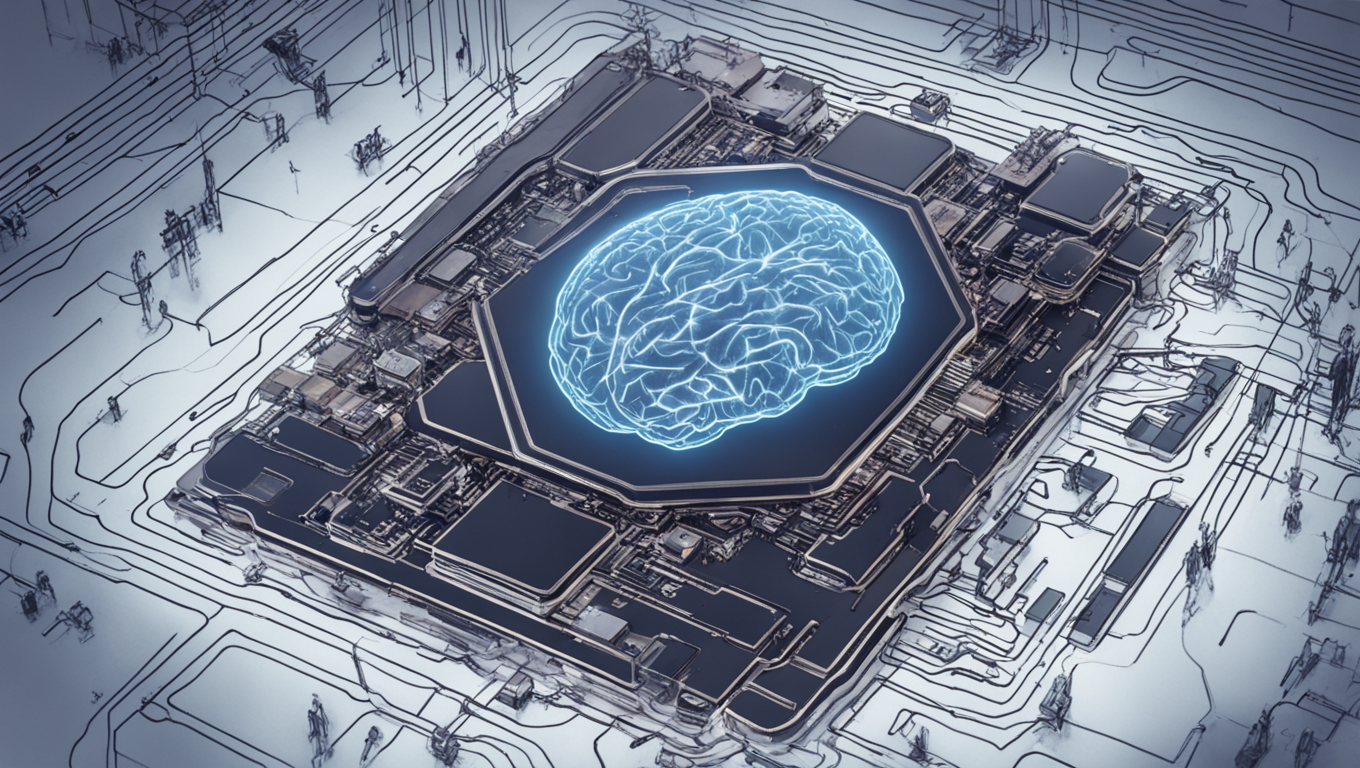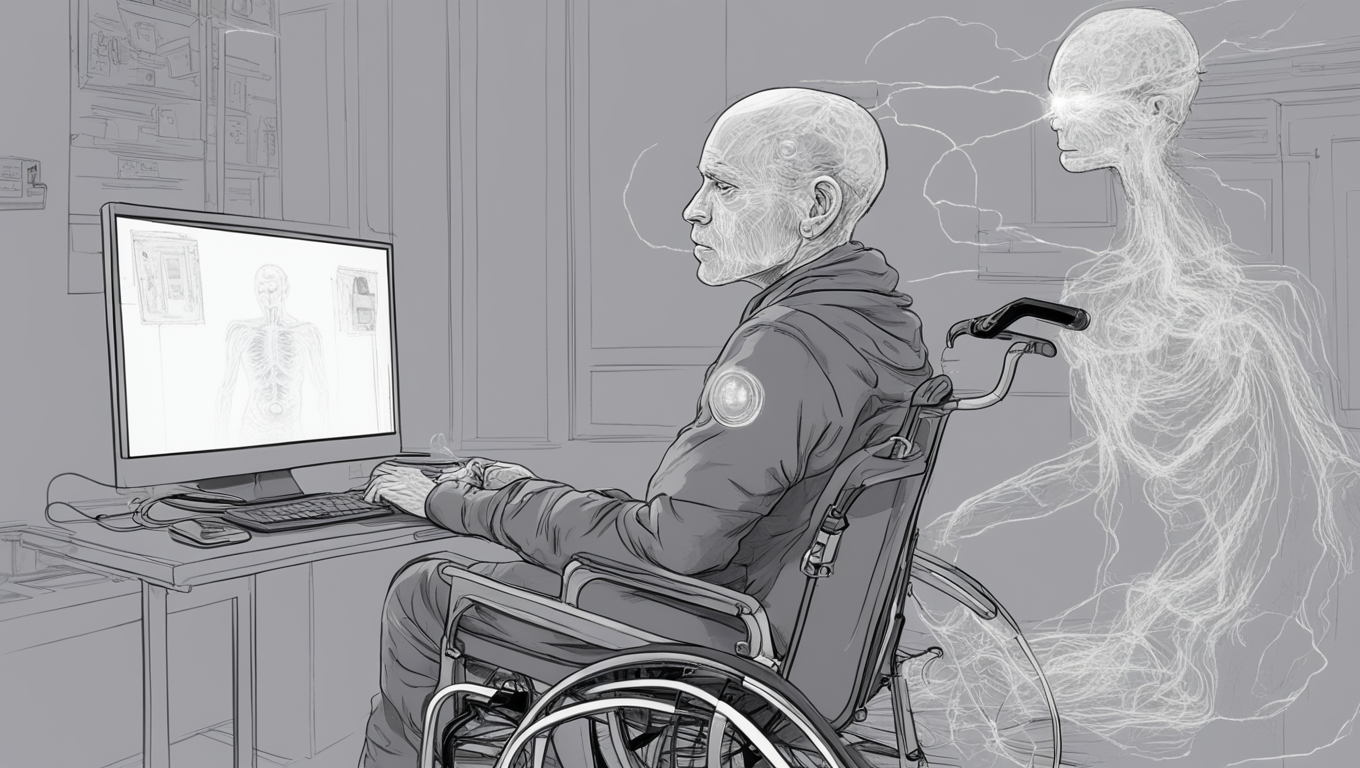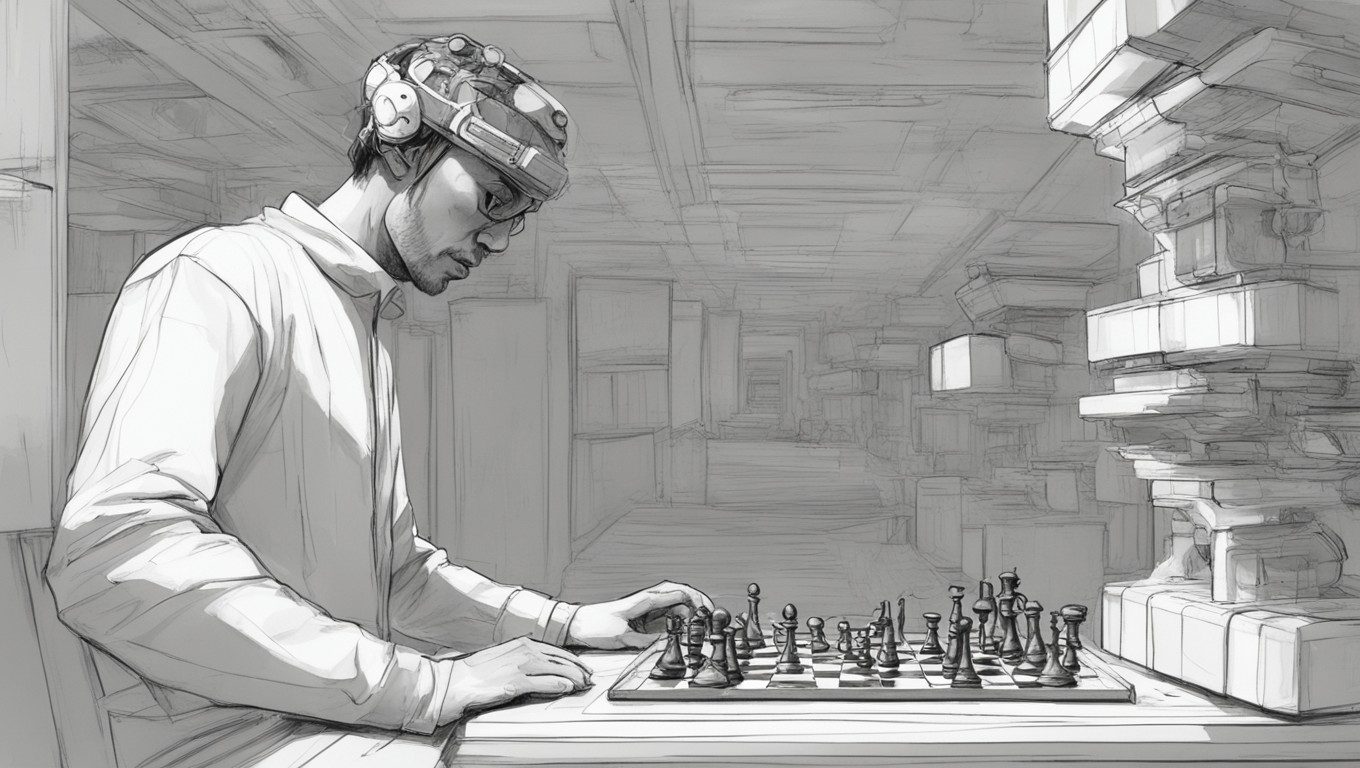Elon Musk’s brain chip startup, Neuralink, is ready to take its groundbreaking technology to the next level. After successfully testing the brain-computer interface on pigs and monkeys, Neuralink has received approval from the US Food and Drug Administration (FDA) to conduct human trials. The company aims to use this technology to assist people with brain disorders and spinal injuries.
In a recent announcement on X, formerly known as Twitter, Neuralink revealed that they are now recruiting participants for their first-in-human clinical trial. The trial will focus on individuals with quadriplegia due to cervical spinal cord injury or amyotrophic lateral sclerosis (ALS). The primary goal of the study is to assess the safety of the wireless chip and the surgical robot used to implant it in the brain.
If the trial is successful, participants will have the extraordinary ability to control a computer cursor or keyboard using only their thoughts. This could be life-changing for individuals with paralysis, giving them a new level of independence and freedom. But Elon Musk has even bigger plans for Neuralink. He envisions a future where these implanted chips enhance human abilities and allow us to compete with advanced artificial intelligence.
“We are not just aiming to treat medical patients but also augment the ability of humans,” Musk said. The possibilities are mind-boggling. Implanted chips could give us enhanced reasoning, improved vision, and the ability to perform tasks that were previously impossible. Imagine streaming music directly to your brain or having instant access to a vast database of knowledge - all without lifting a finger.
However, Neuralink has faced criticism from animal rights groups regarding their treatment of research subjects at the University of California’s Davis Primate Centre. The Physicians Committee for Responsible Medicine (PCRM) accused Neuralink of subjecting monkeys to “extreme suffering” and providing “inadequate animal care.” Both Neuralink and Musk have vehemently denied these allegations.
Musk responded by stating that research experiments were only conducted on primates that were already close to death. “No monkey has died as a result of a Neuralink implant,” he clarified. He emphasized that their early implants were done to minimize risk to healthy monkeys, choosing terminal monkeys to ensure ethical treatment.
Neuralink’s leap into human trials marks a significant milestone in the realm of brain-computer interfaces. The potential for this technology is immense, with the power to revolutionize the lives of individuals with disabilities and unlock new capabilities for all of humanity. As Neuralink continues its journey, there is much anticipation and excitement for what the future holds.
In the words of Elon Musk himself, “With Neuralink, we hope to achieve a symbiosis with artificial intelligence, enabling humans to merge with AI.” The merging of human and machine is no longer just a concept confined to science fiction. It is becoming a tangible possibility, thanks to the groundbreaking work of Neuralink.





Use the share button below if you liked it.